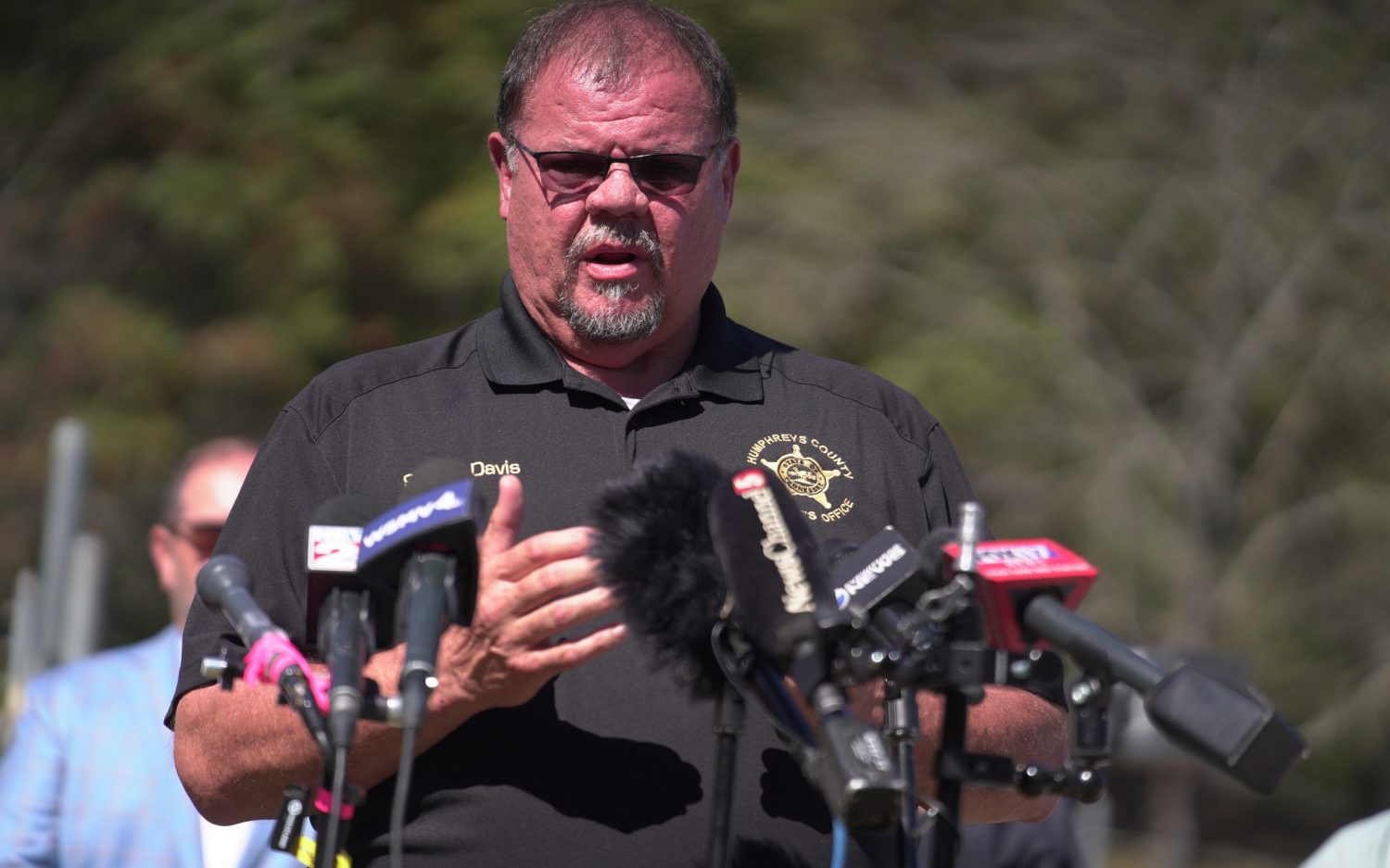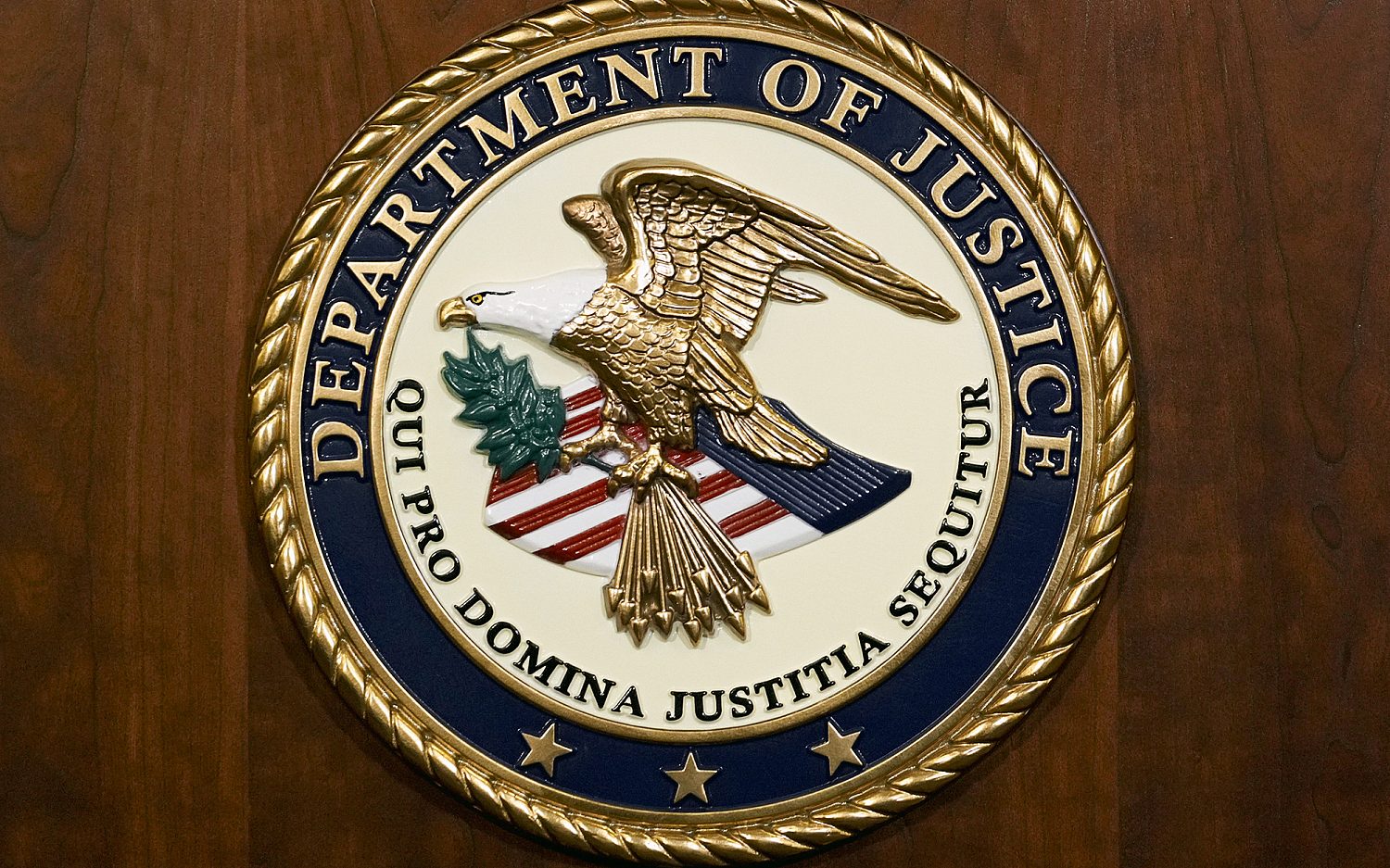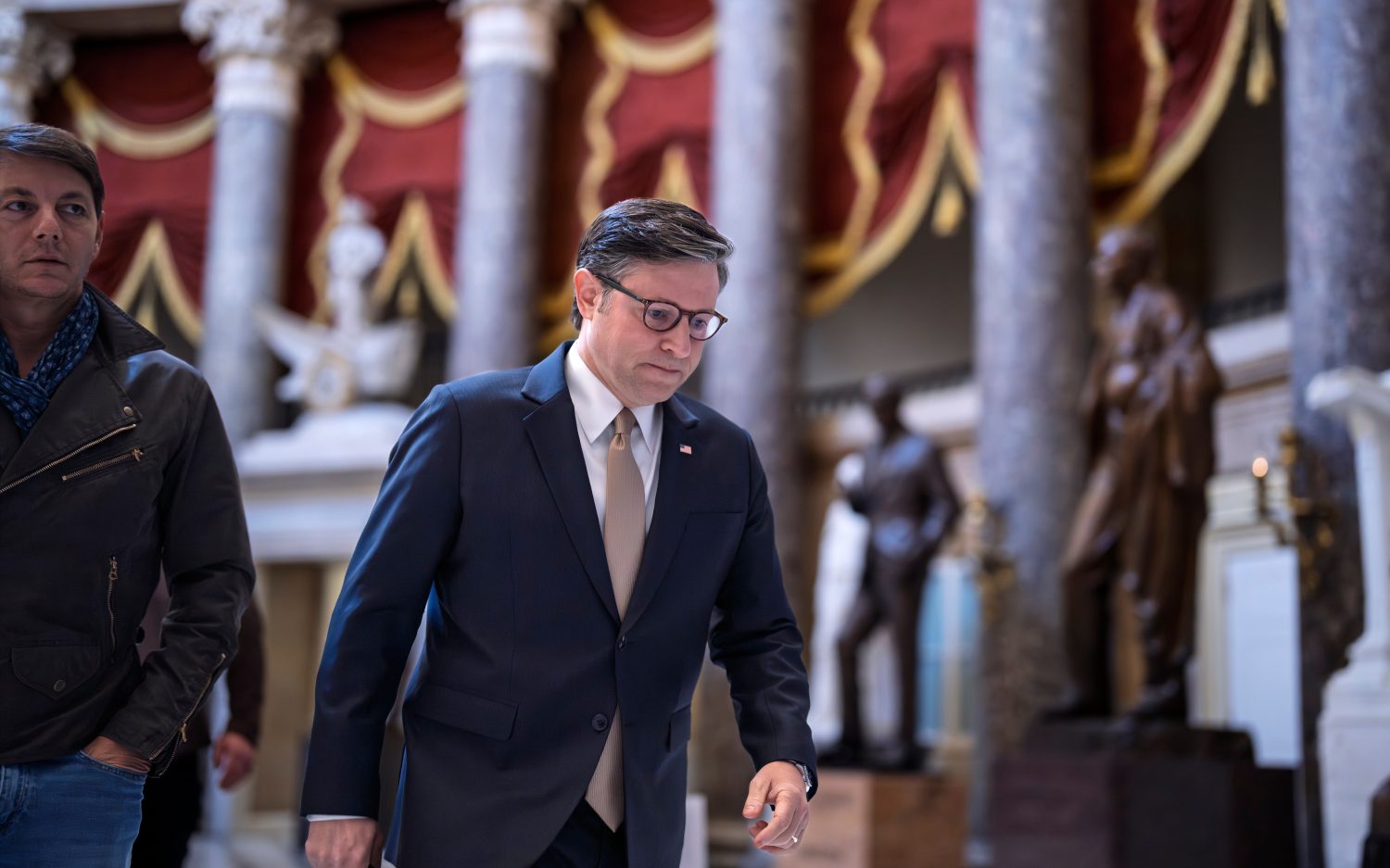Hippie icon David Crosby's unexpectedly poignant comeback
The most amazing part of hippie icon David Crosby’s new solo album—his first in 20 years—is that it even exists at all. Who would have thought the 72-year-old, whose hard-living exploits were nearly as famous as the tremendous music he made with The Byrds, could have made it this far?
But make it he did. Crosby collaborated with son James Raymond to create the heavy jazz- and pop-influenced Croz, which came out earlier this year. To hear the legendary folk singer dive in and out of polytonal, labyrinthine chord structures is simply surreal, though Crosby pulls it off by leaning into the sweet side of his voice more than the gritty side. Fortunately there’s plenty of sweetness left, aided by thoughtful lyrics that reveal an admirable concern for the suffering world around him.
Supple drumming and a fantastically funky bass set the urban scene for “What’s Broken,” a meditation on the “buzzing city” where “molecules go flying by … every face is a masterpiece of lonely/and every breath is rarified.” Mark Knopfler’s smooth-groove guitar contributes to the familiar-yet-fantastical picture of “tunnels steaming with the breath of a dragon.” Written after Raymond’s encounter with a homeless man, according to an interview on NPR’s World Café, the song explores indifference through a series of penetrating rhetorical questions sung by Crosby with haunting resignation: “Who wants to see an abandoned soul/who wants to try and open it / who wants to know what desperate is / who wants to buy what’s broken?”
Crosby seems almost like his old self, however, in “Time I Have.” Bongo groove notwithstanding, the twangy acoustic strumming and frank vocal delivery—including an expletive— are vintage Crosby. He illustrates the good vs. evil struggle with an example from his younger years that he’s likely never to forget: “‘I have a dream’ a great man said / another man came and shot him in the head / yet the dream floats out there visible, still alive.” In searching for ways to get rid of his anger, however, Crosby remembers another Man who suffered for teaching love yet who instructed, “‘Have no anger in your heart for them / they know not what they do’ / Does that sound familiar to you, to you?”
Crosby’s mellow, timeworn pipes create the impression of an old soldier who has had his fill of war and now longs for home. His exhortations for peace are poignant and passionate, such as in the blues-soaked “Set That Baggage Down.” And yet, lacking the spiritual power to effect such changes, the solutions seem like wishful thinking.
Crosby and Raymond admit as much in “Dangerous Night,” in which they observe the persistence of darkness inside and out: “I try to write Buddha and it comes out guns/I vote for peace and the blood still runs/I want to believe I can pass happy to my child/but the truth gets lost and the system runs wild.” The need for power outside themselves is evident in the cry, “Send me someone … who won’t give up in the frozen rain/who’ll walk right next to me through the orchards and the grain.”
An actual newsletter worth subscribing to instead of just a collection of links. —Adam
Sign up to receive The Sift email newsletter each weekday morning for the latest headlines from WORLD’s breaking news team.





Please wait while we load the latest comments...
Comments
Please register, subscribe, or log in to comment on this article.